11 GPTs for Literary Enhancement Powered by AI for Free of 2026
AI GPTs for Literary Enhancement are advanced computational tools designed to assist in the creation, analysis, and refinement of literary content. Utilizing Generative Pre-trained Transformers, these AI models excel in understanding and generating text, making them perfect for tasks ranging from writing assistance to literary analysis. Their relevance lies in their ability to provide tailored solutions for a wide array of literary tasks, leveraging natural language processing to interpret and create nuanced, contextually relevant content.
Top 10 GPTs for Literary Enhancement are: Ethereal Scribe,Great Writer,Aide Editeur,Andrew Darius' English Translator and Improver,Word of the Day,Translator and Improver,Divine Editor Pal,French Text Complicator,Poet,Complex-Vocabulary-Inator
Ethereal Scribe
Transform Ideas Into Literary Art
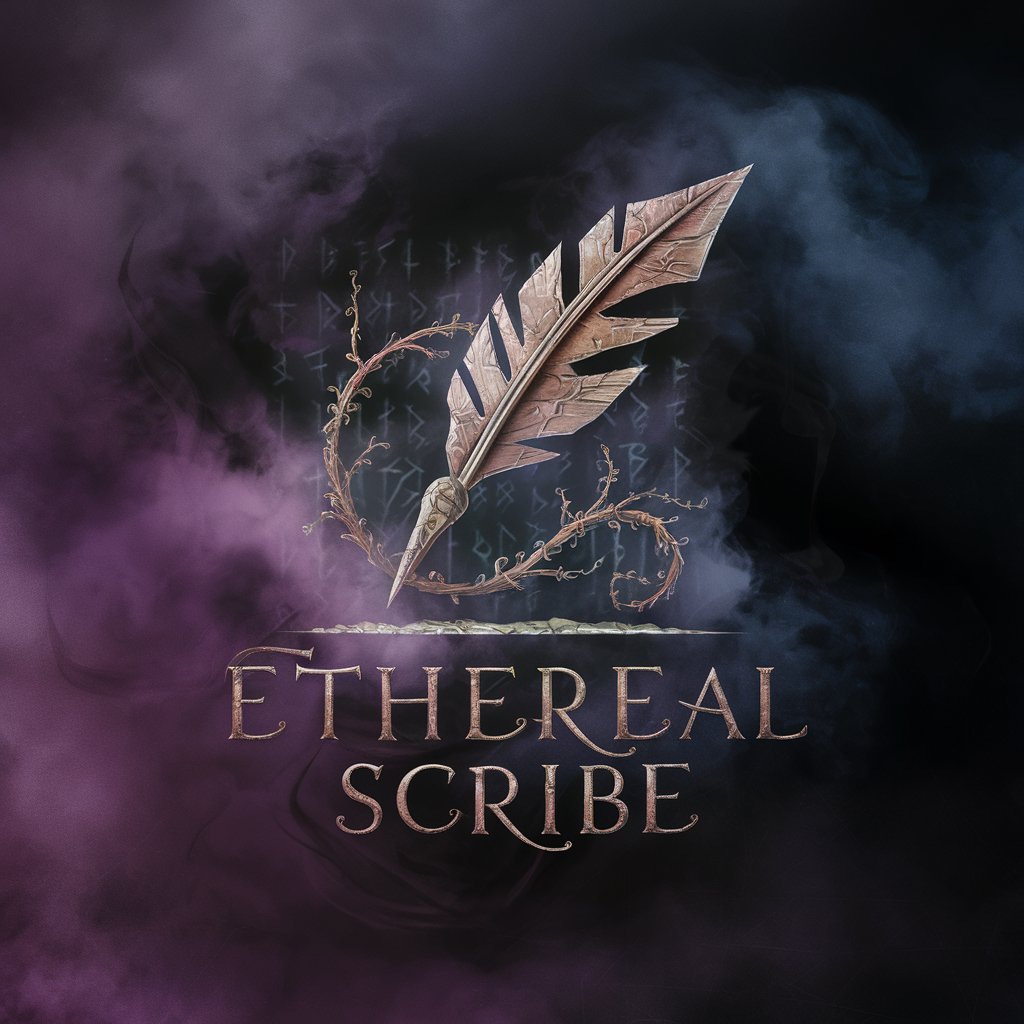
Great Writer
Elevating Language with AI Elegance
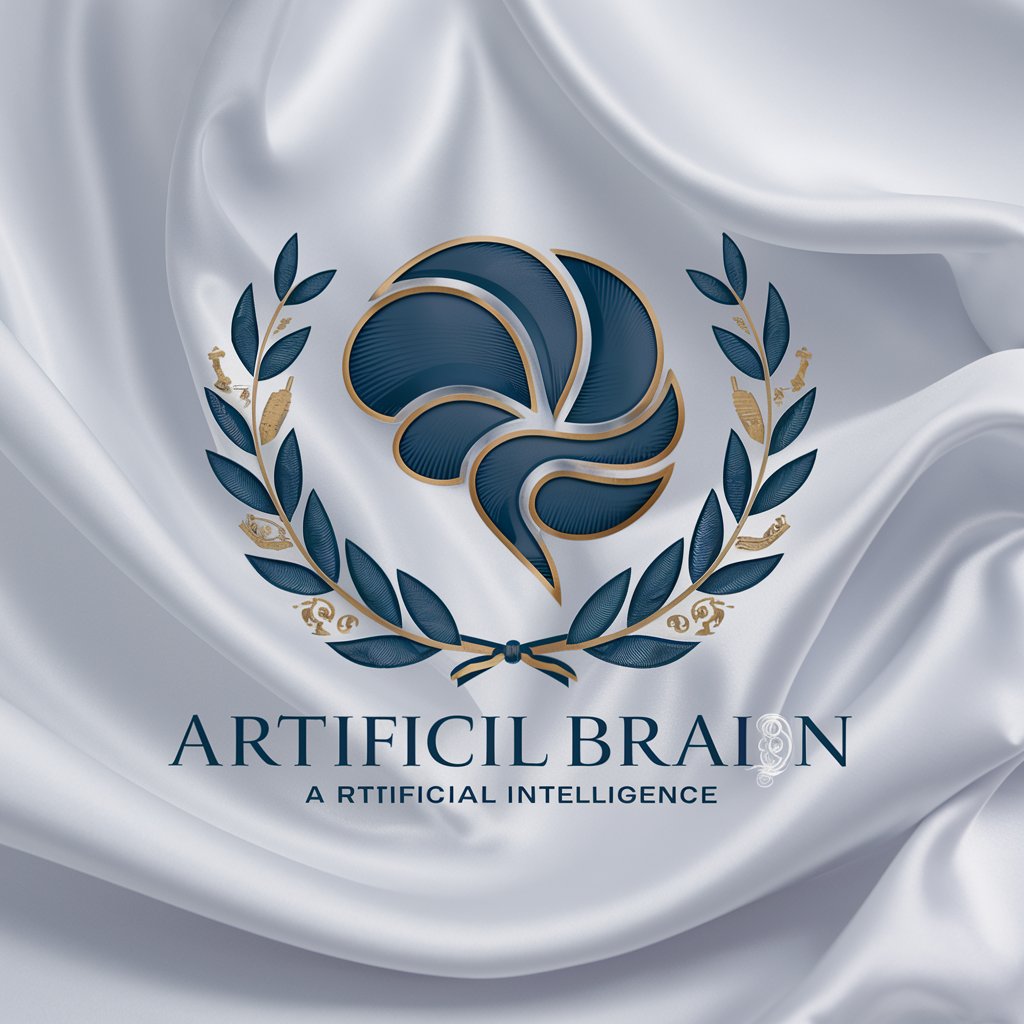
Aide Editeur
Elevating Texts with AI-Powered Literary Flair
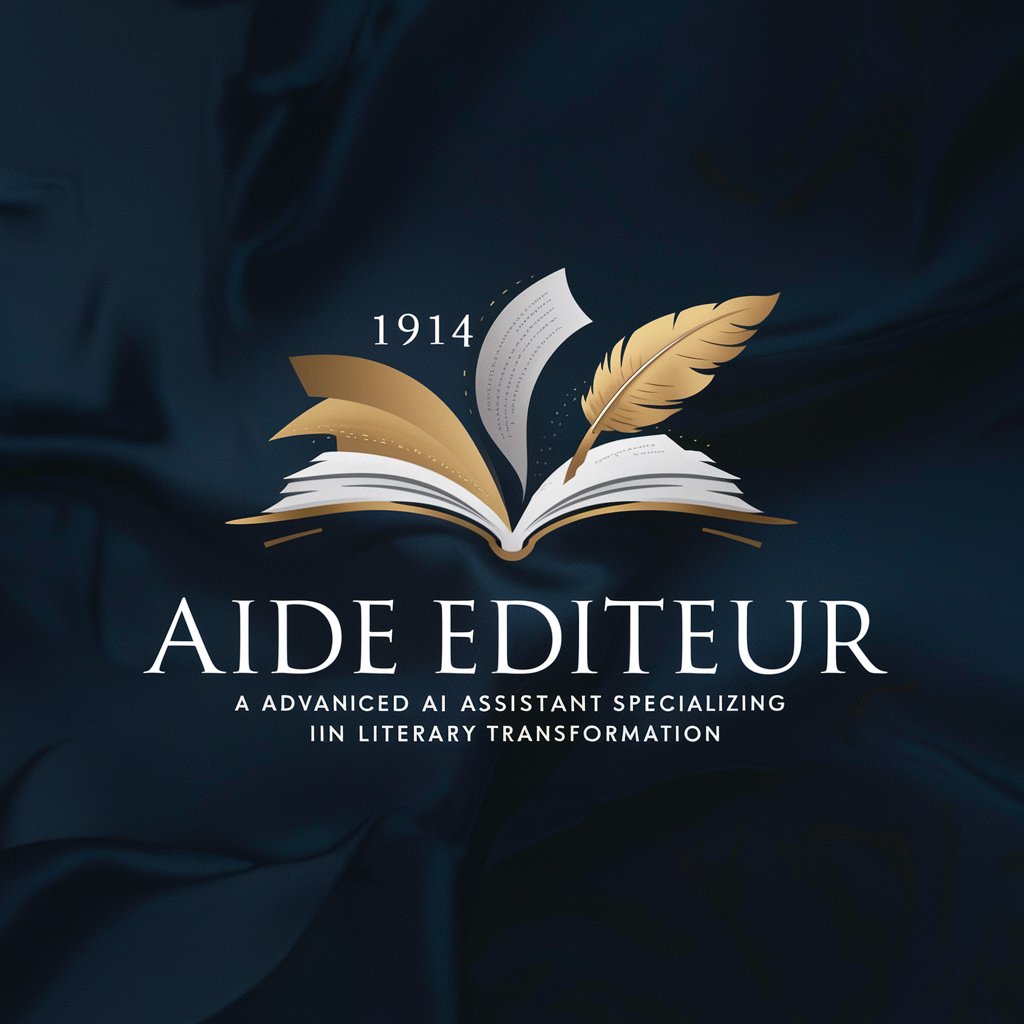
Andrew Darius' English Translator and Improver
Elevate Your English with AI
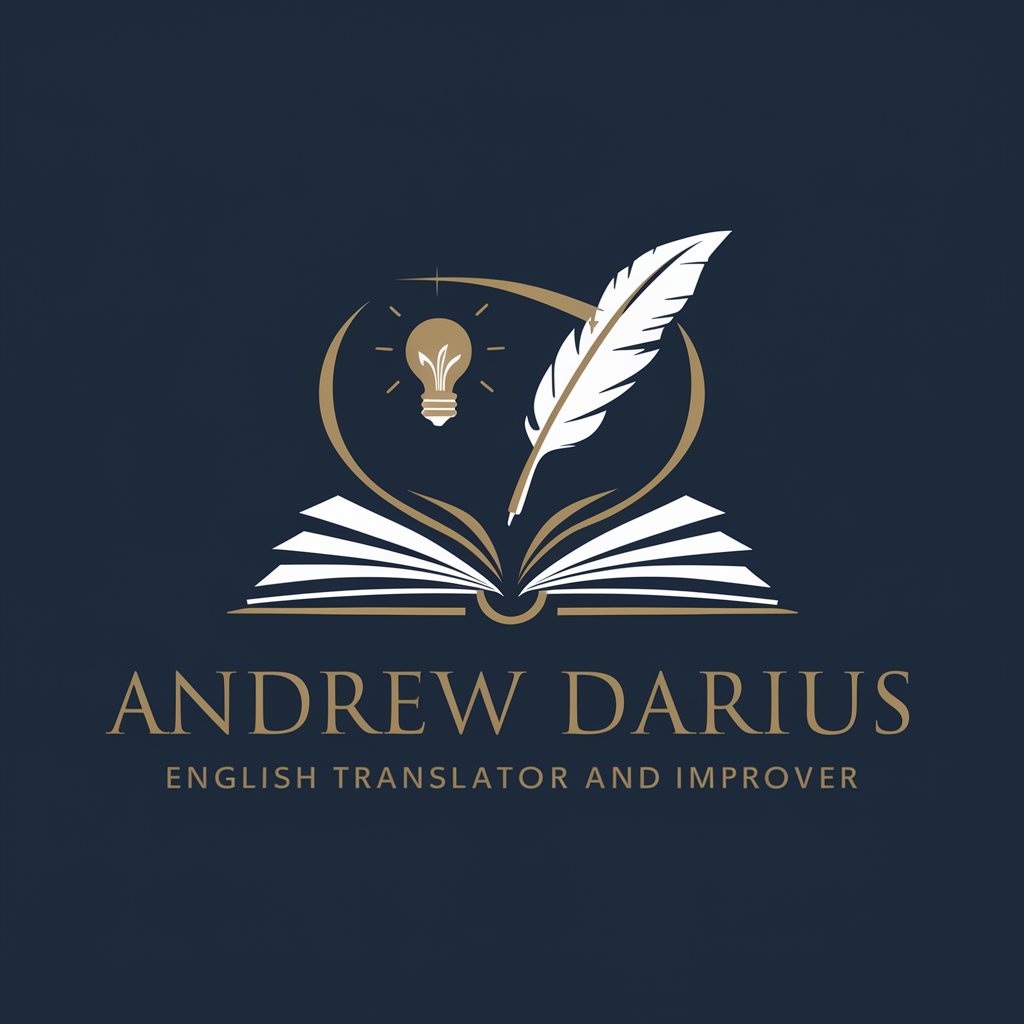
Word of the Day
Elevate Your Words with AI Power
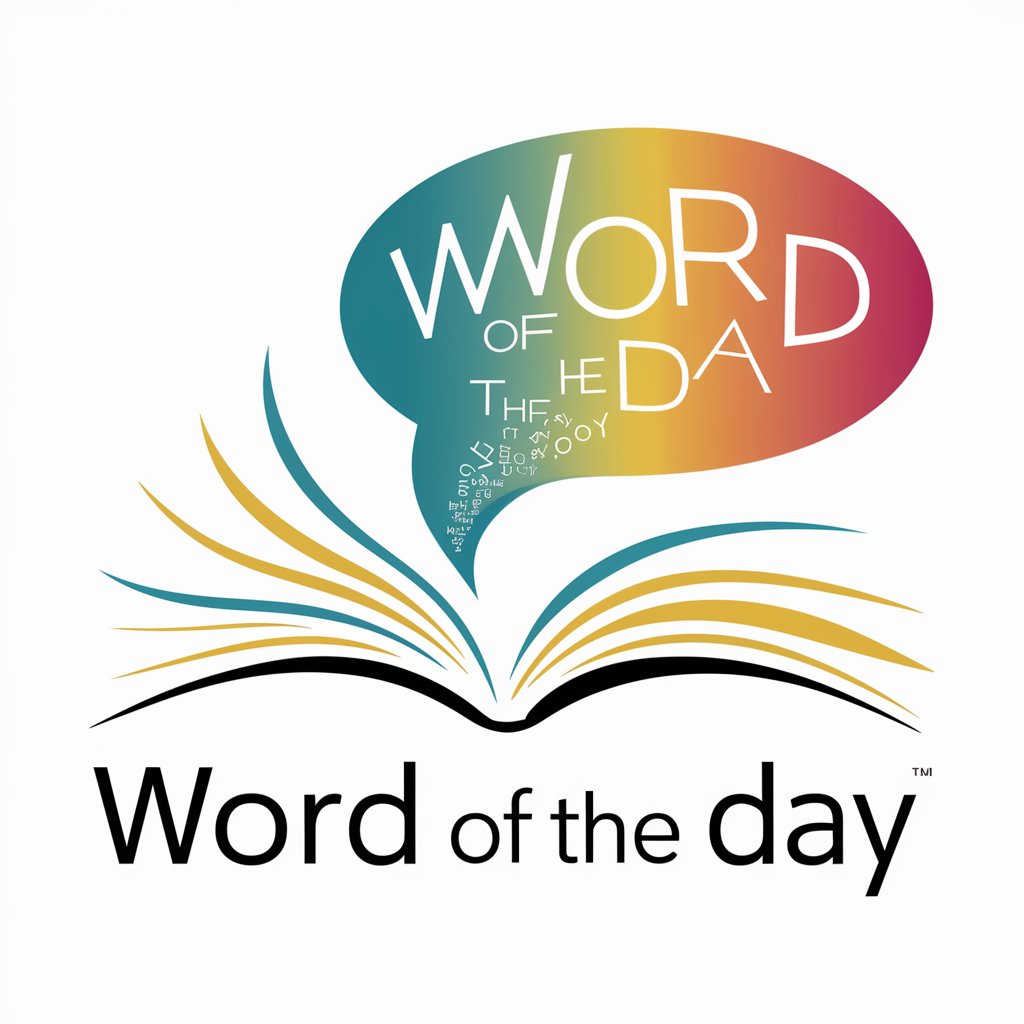
Translator and Improver
Elevate Your Text with AI-Powered Translation and Enhancement

Divine Editor Pal
Elevating Manuscripts with AI-Powered Theological Insight
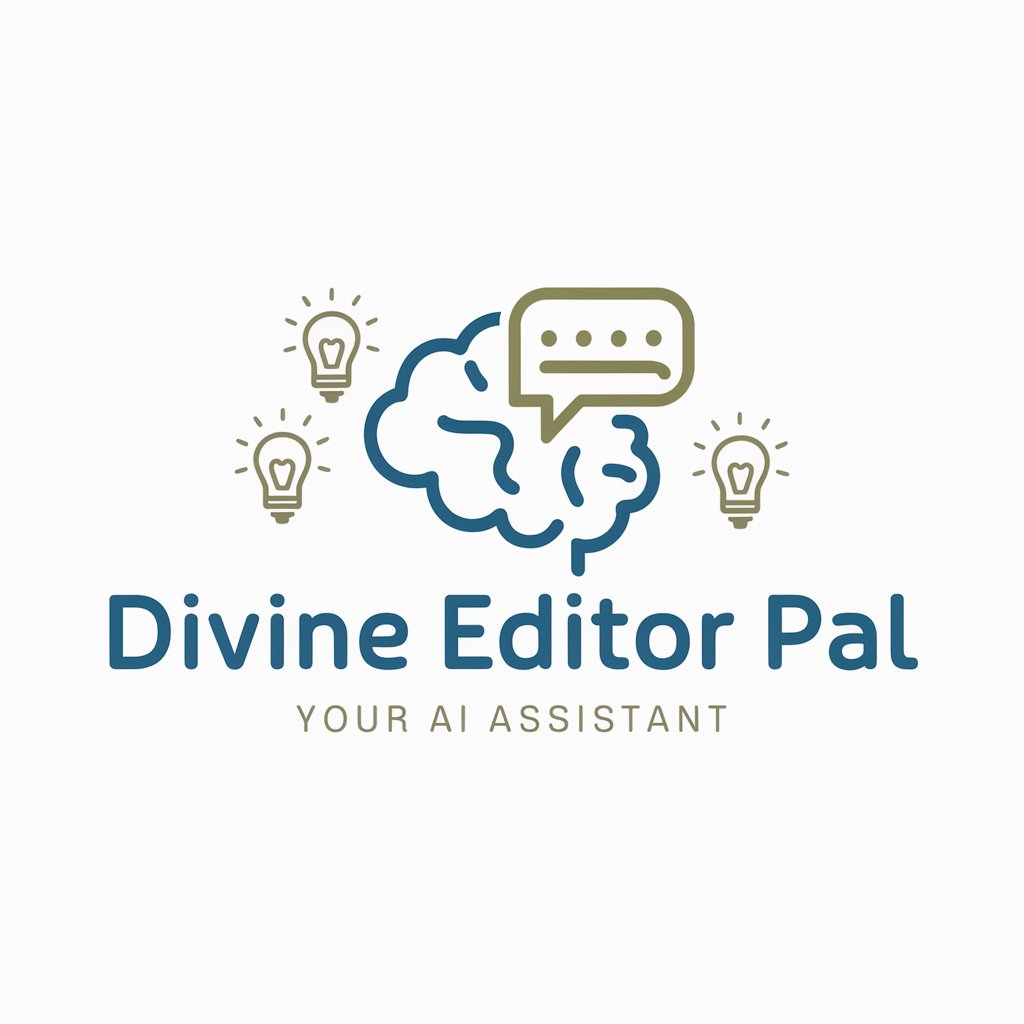
French Text Complicator
Elevate Your French with AI
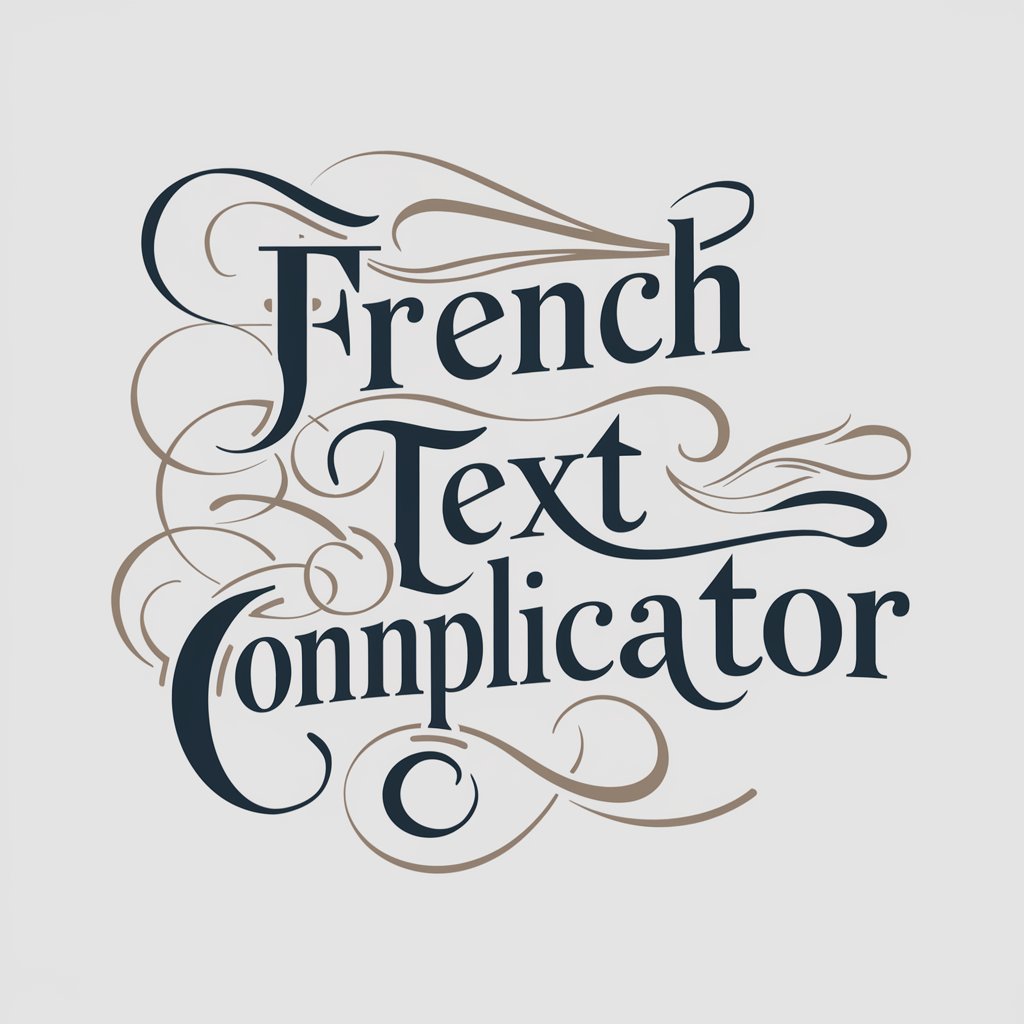
Poet
Crafting Poetry with AI Precision
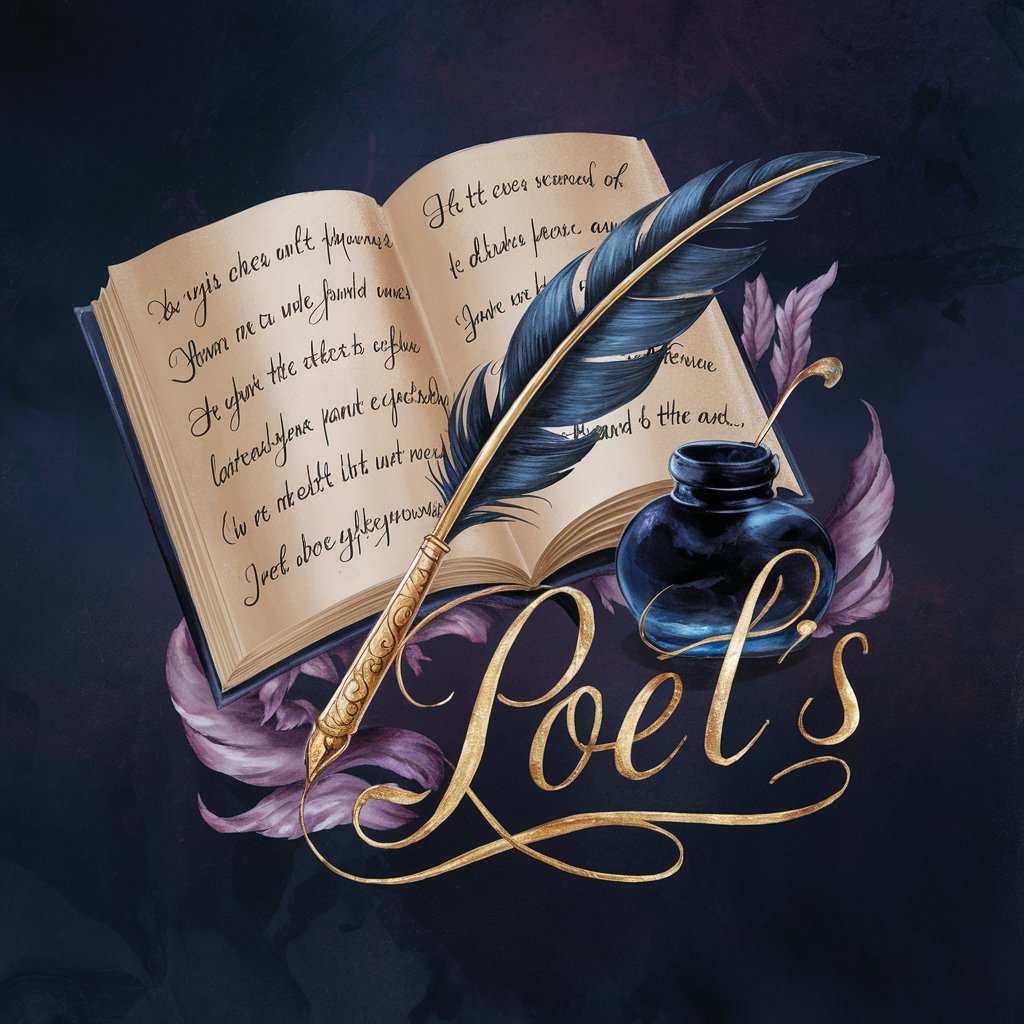
Complex-Vocabulary-Inator
Elevate Language with AI-Powered Vocabulary Enhancement
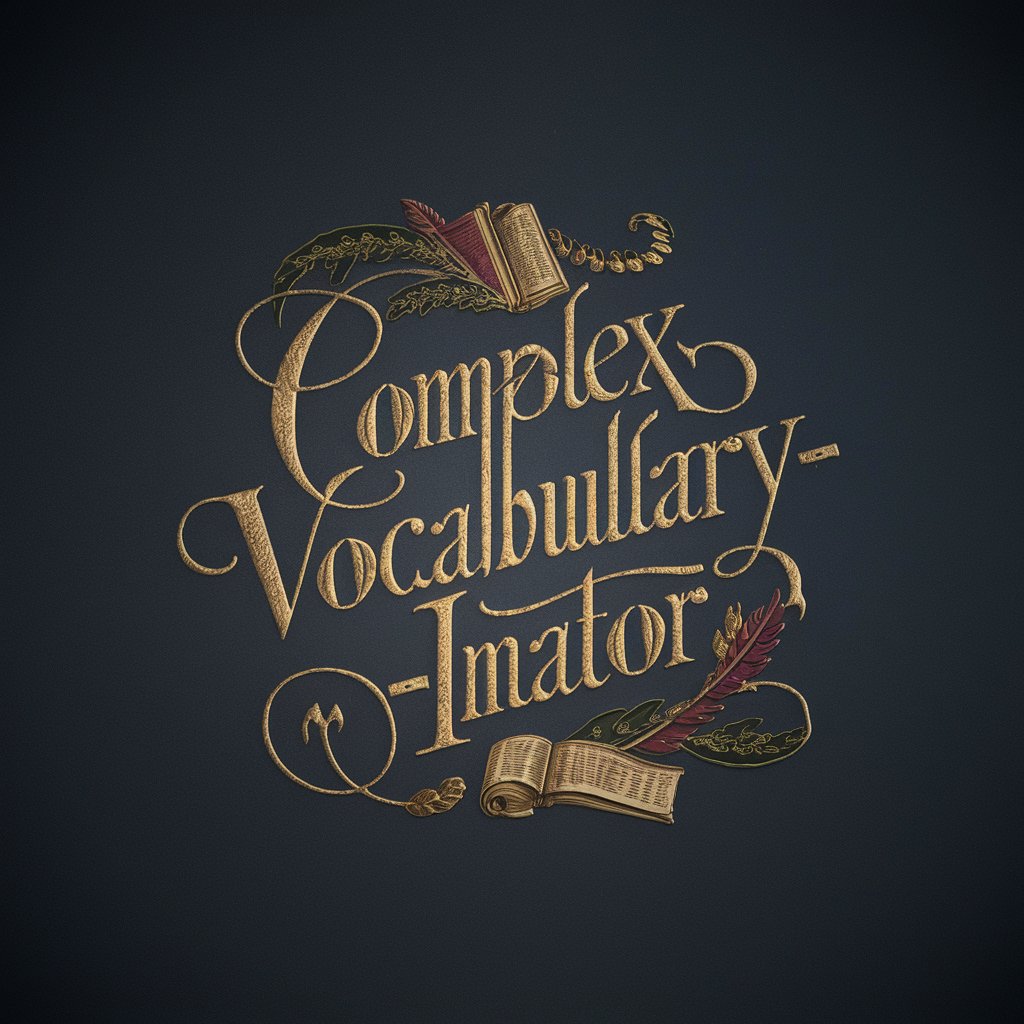
Verse Sculptor
Craft Poetry with AI Precision
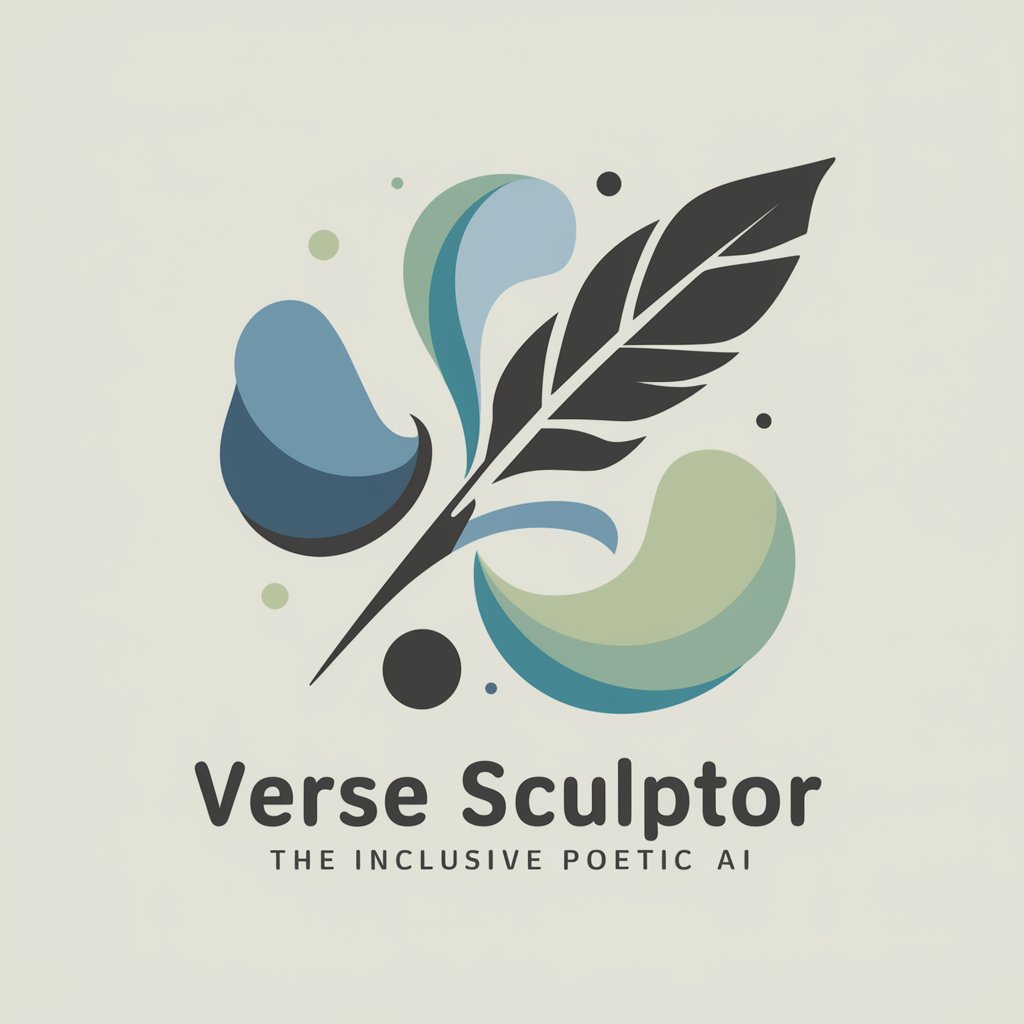
Essential Attributes and Functionalities
AI GPTs designed for Literary Enhancement boast a range of unique features tailored to the literary domain. These include advanced language models capable of generating coherent and stylistically varied text, support for multiple languages, and the ability to adapt to different literary genres and styles. Specialized capabilities such as sentiment analysis, theme identification, and stylistic editing tools set them apart. Furthermore, these tools often incorporate technical support for data analysis, web searching capabilities for research, and image creation tools for visual storytelling, making them versatile assets in the literary field.
Intended Users of Literary AI Tools
These AI GPTs tools are designed for a diverse audience, ranging from aspiring writers and literature enthusiasts to seasoned authors, editors, and literary scholars. They provide invaluable assistance to those without programming knowledge through user-friendly interfaces, while also offering rich customization options for developers and professionals in the literary field. This dual approach ensures accessibility and adaptability, meeting the needs of a broad spectrum of users interested in enhancing their literary projects.
Try Our other AI GPTs tools for Free
Memory Lane
Discover how Memory Lane AI GPTs transform the way we capture, recall, and cherish our memories, offering tailored solutions for personal reminiscence and historical exploration.
Nostalgic Journeys
Discover the transformative power of AI GPTs for Nostalgic Journeys, your portal to the past through advanced language models and customized experiences.
Reading Motivation
Discover AI GPTs for Reading Motivation - innovative tools designed to enhance your reading experience through personalized content and interactive features.
Scripture Memorization
Discover AI-powered Scripture Memorization tools, designed to enhance your study of sacred texts with personalized, interactive learning experiences.
Devotional Practice
Discover how AI GPTs are revolutionizing devotional practice, offering personalized guidance and insights to deepen your spiritual journey.
Safe Environment
Explore how AI GPTs for Safe Environment leverage advanced technology to promote sustainability and safety, offering tailored solutions for a healthier planet.
Further Perspectives on Literary AI Applications
AI GPTs for Literary Enhancement are not just tools for individual tasks but can be integrated into larger systems or workflows to offer comprehensive support in literary projects. Their user-friendly interfaces and customizable capabilities make them adaptable to a range of applications, from automated content creation to in-depth literary analysis, providing novel insights and efficiencies in literary work.
Frequently Asked Questions
What are AI GPTs for Literary Enhancement?
AI GPTs for Literary Enhancement are specialized AI tools designed to assist with various literary tasks, leveraging generative pre-trained transformers to analyze and generate literary content.
How can these tools enhance literary work?
They can assist in drafting, editing, analyzing literary themes and styles, and even generating creative content, thereby enhancing the quality and creativity of literary works.
Who can benefit from using these tools?
Writers, editors, literary scholars, and anyone involved in the creation or study of literary content can benefit from these tools.
Do I need coding skills to use these tools?
No, many of these tools are designed with user-friendly interfaces that do not require coding skills, making them accessible to a wide audience.
Can these tools generate content in multiple languages?
Yes, many AI GPTs for Literary Enhancement support multiple languages, allowing for the generation and analysis of content in various linguistic contexts.
How do these tools adapt to different literary styles?
These tools use advanced AI models that can analyze existing texts to mimic or adapt to various literary styles and genres.
Can I customize the AI to suit my specific literary project?
Yes, many of these tools offer customization options for those with programming knowledge, allowing for tailored solutions to specific literary needs.
Are there any privacy concerns with using these tools?
While these tools prioritize user privacy, it's important to review the privacy policy of each tool to understand how your data is used and protected.